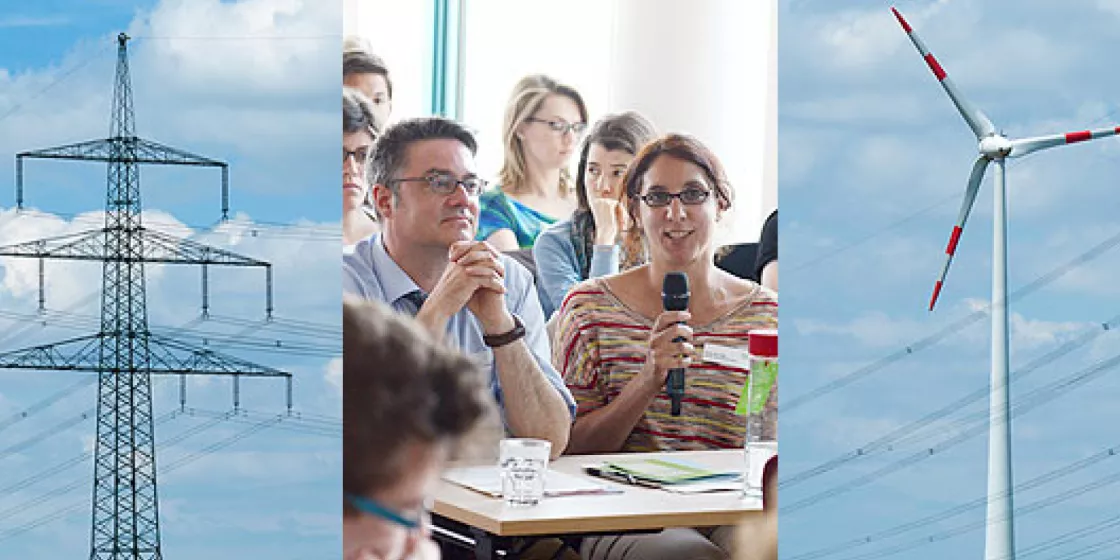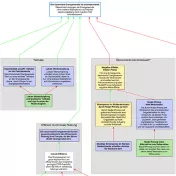In order to achieve the Paris climate targets, Europe's energy system must be reorganised as quickly as possible so that it becomes climate-neutral. For Germany, this means that the electricity system must be based 100% on renewable energies in the medium term. The weather-dependent energy sources wind and solar will play a central role in this. In order to operate the energy system safely and stably with a very high proportion of solar and wind power, it will be necessary, among other things, to expand and restructure the electricity grid throughout Europe. Germanwatch's guiding principle on the need to expand the grid is ‘As much as necessary, as little as possible’. Exactly how much grid expansion and restructuring is necessary and how the associated energy system of the future should be organised is the result of weighing up various other objectives: It must be as fair, economical, reliable and environmentally friendly as possible, and enable participation and co-determination. In order to weigh up these goals and the means by which they can be achieved, a dialogue with society as a whole is necessary. We want to contribute to this with our activities at Germanwatch.
(i) Enable public participation in energy infrastructure planning (participatory processes, two-way communication)
(ii) Establish trust between the various stakeholders on the basis of scientific analyses
(iii) Establish a constructive culture of debate and promote cooperation
(iv) Demand and create transparency in the electricity grid debate
(v) Evaluate and discuss grid expansion requirement scenarios with regard to climate targets
We see this as an implementation of the principles of the European Grid Declaration .The ‘Shaping the Grid Debate’ project takes place in the context of the "Implementing the European Grid Declaration" programme of the "Renewables Grid Initiative".
Germanwatch has been in contact with local stakeholders since 2017 as part of the ‘Shaping the power grid debate’ project. This has been accompanied by a dialogue at federal level. The change of perspective workshop series is central to this: this enables an exchange between a wide range of stakeholders in order to jointly explore the requirements and obstacles of the future energy system. A detailed description and results of the workshops can be found here .
The project contributes to a more objective debate on the conversion and expansion of transmission grids through a large number of publications:
- An argumentation map provides an overview of the debate on whether/why high-voltage direct current transmission lines should be built. The arguments were mapped in close dialogue with stakeholders at local and federal level.
- The meta study ‘Decentralisation, regionalisation and electricity grids’ conducted by the Renewables Grid Initiative as part of the project compares current studies on decentralised electricity systems and grid expansion.
- The background paper 'Electricity grids in Germany: The system, the grid operators and the grid fees' provides a practical introduction to the topic and makes the discourse on the need to restructure and expand electricity grids accessible to interested parties.



